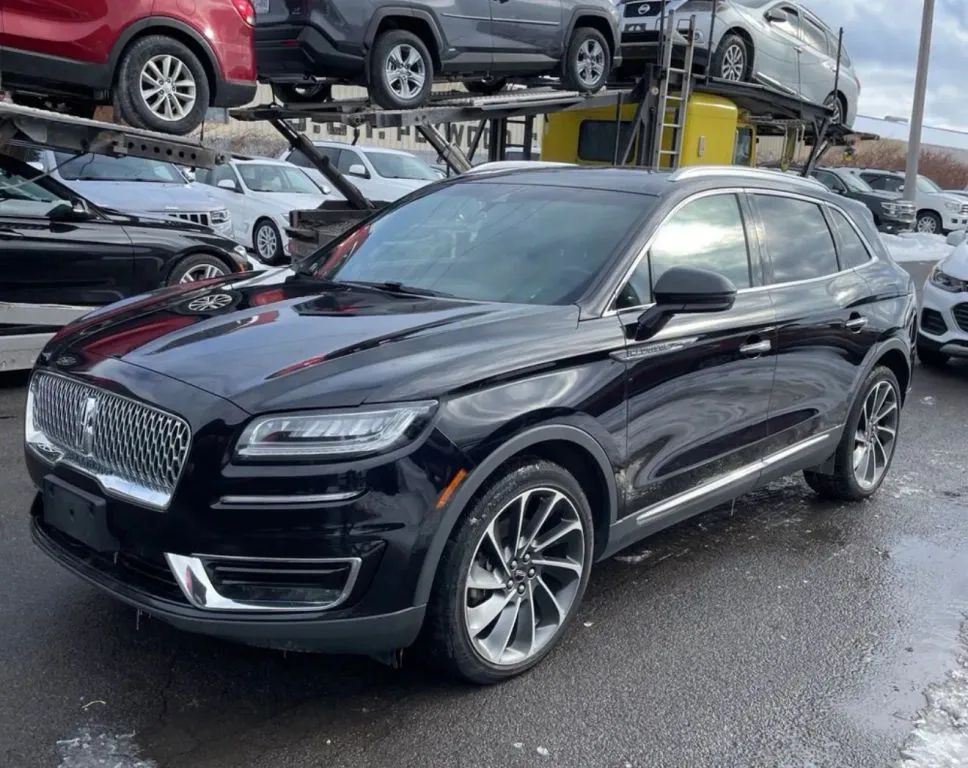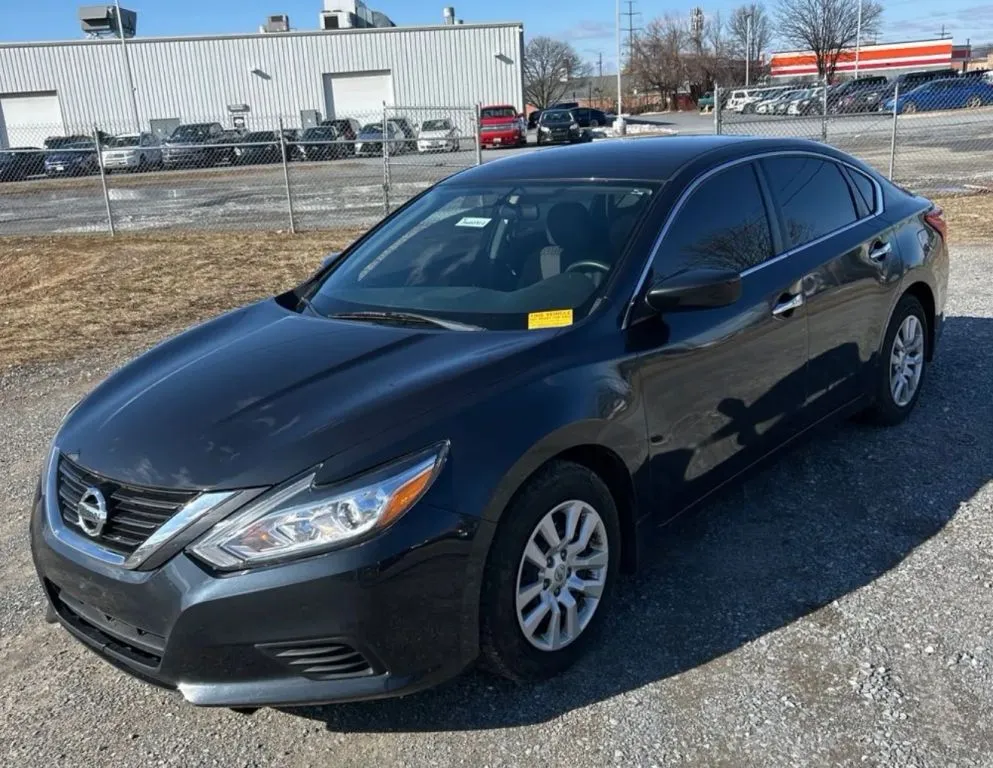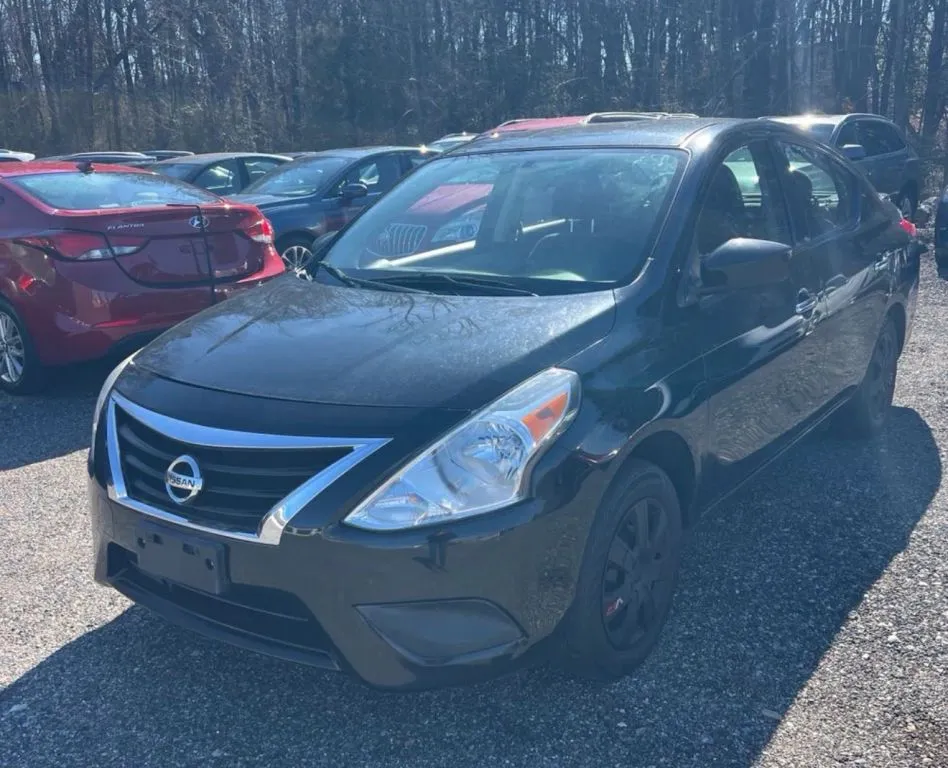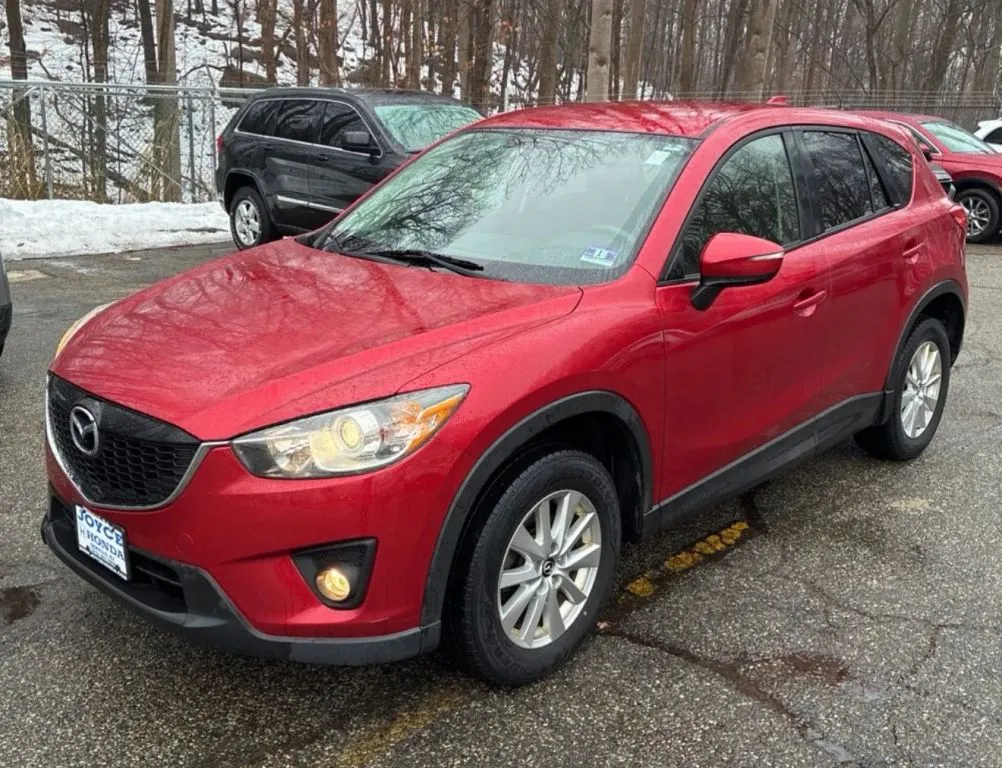Common Reasons Your Car Is Not Starting and How to Diagnose the Problem
Table of Contents
- Common Reasons Your Car Is Not Starting and How to Diagnose the Problem
- Common Reasons for a Car Not Starting
- 1. Dead Battery
- 2. Faulty Starter Motor
- 3. Fuel System Issues
- 4. Ignition System Problems
- Diagnosing Car Starting Problems Reasons for a Car Not Starting
- Steps to Troubleshoot a Car That Won't Start
- 1. Check The Battery Connections
- 2. Try Jump-Starting The Car
- 3. Check The Fuel System
- When to Seek Professional Help
- Conclusion
Common Reasons Your Car Is Not Starting and How to Diagnose the Problem

Is your car refusing to start? Don't worry, you're not alone. There are several common reasons why your car might not be starting, and understanding these issues can help you diagnose the problem and get back on the road quickly. In this article, we will explore the most frequent causes of car starting problems and provide you with tips on how to troubleshoot them.
From a dead battery to a faulty starter motor or fuel delivery issues, a non-starting car can have various culprits. We will delve into each possible cause, explaining how to recognize the symptoms and what steps you can take to fix the problem or seek professional help.
No matter what make or model of the car you have, our comprehensive guide will give you the knowledge to tackle common starting problems head-on. So, if you're tired of being stranded with a stubborn car, stay tuned as we reveal the secrets to getting your vehicle to start reliably. Let's get your car back on the road!
When tackling the headache of diagnosing why your vehicle won't start, it's crucial to consider the specific nuances of your car's origin. Whether you own American or European cars, each type comes with its unique set of common issues and diagnostic approaches that can influence the troubleshooting process.
Common Reasons for a Car Not Starting
When your car fails to start, it can feel frustrating and even worrisome. However, there are a few common culprits that are often to blame for this issue. By familiarizing yourself with these potential causes, you can narrow down the problem and take appropriate action:
1. Dead Battery

One of the most frequent reasons for a car not starting is a dead battery. Your car's battery can drain for several reasons, such as leaving the headlights on or a faulty charging system. When the battery is dead, you may hear a clicking sound when you turn the key, or the dashboard lights may be dim or flickering.
To troubleshoot a dead battery, you can try jump-starting your car using jumper cables and a working vehicle. If the jump-start is successful, it's a good indication that your battery needs to be replaced.
Understanding the basics of battery maintenance can extend its life; learn more through our comprehensive guide on European car maintenance, which includes tips relevant to battery care.
2. Faulty Starter Motor

Another common culprit for a car not starting is a faulty starter motor. The starter motor is responsible for turning the engine over when you turn the key. If you hear a grinding noise or a single click when you try to start your car, it could indicate a problem with the starter motor.
To diagnose this issue, you can try tapping the starter motor gently with a hammer while someone turns the key. If the car starts, it's a sign that the starter motor needs to be replaced.
3. Fuel System Issues

Issues with the fuel system can also prevent your car from starting. A clogged fuel filter, a faulty fuel pump, or an empty gas tank can all lead to starting problems. Signs of fuel system issues include a sputtering engine, difficulty starting after the car has been sitting for a while, or a strong smell of gasoline.
To troubleshoot fuel system problems, you can check the fuel pump relay, inspect the fuel lines for any leaks, and ensure that there is enough gasoline in the tank.
4. Ignition System Problems

When your car refuses to start, one of the first areas to check is the ignition system. The ignition system is responsible for generating the spark that ignites the fuel in the engine. If there's an issue with any part of the ignition system, your car may not start at all or may have difficulty starting.
One common culprit is a faulty ignition switch. The ignition switch is the device that allows you to start the car by turning the key. If it fails, you won't be able to start the car. Another potential problem is a worn-out ignition coil. The ignition coil is responsible for converting the battery's low voltage into the high voltage needed to create a spark. If the ignition coil is faulty, it may not produce enough power to start the engine.
A malfunctioning distributor cap or rotor can also cause starting issues. The distributor cap and rotor are responsible for distributing the spark from the ignition coil to the spark plugs. If they are worn out or damaged, the spark may not reach the spark plugs, resulting in a no-start condition. To diagnose ignition system problems, you can use a multimeter to test the various components and ensure they are functioning correctly.
Before you find yourself stranded, consider reading up on how to check a used car engine's health to preemptively assess potential issues that could lead to starting problems.
Diagnosing Car Starting Problems Reasons for a Car Not Starting
Diagnosing car starting problems can be challenging, but by following a systematic approach, you can narrow down the possible causes. The first step is to observe what happens when you try to start the car. Does the engine crank but fail to start, or does it not make any noise at all? This information can help you determine where to focus your troubleshooting efforts.
If the engine cranks but doesn't start, the problem may be related to the fuel system. A clogged fuel filter or a faulty fuel pump can prevent the proper amount of fuel from reaching the engine. In this case, you can try listening for a humming sound near the fuel tank when you turn the ignition on. If you hear the sound, it indicates that the fuel pump is working, and the issue might be with the fuel filter.
On the other hand, if the engine doesn't make any noise when you try to start it, the problem may lie in the electrical system. A dead battery or a faulty starter motor can prevent the engine from cranking. To determine if the battery is the culprit, you can check the voltage using a voltmeter. If the voltage is low, you may need to recharge or replace the battery.
If you're new to car diagnostics, a guide for driving tips for beginners includes a section on understanding your car's signs and symptoms when it refuses to start.
Steps to Troubleshoot a Car That Won't Start
If you're faced with a car that won't start, there are several steps you can take to troubleshoot the problem before seeking professional help.
1. Check The Battery Connections

Start by checking the battery connections to ensure they are clean and secure. Corroded or loose connections can prevent the battery's power from reaching the starter motor.
2. Try Jump-Starting The Car

Next, try jump-starting the car using jumper cables and another vehicle with a good battery. If the car starts with a jump but won't start on its own, it's likely that the battery needs to be replaced. In some cases, the alternator may be the issue, as it is responsible for charging the battery while the engine is running. You can have the alternator tested to determine if it is functioning correctly.
3. Check The Fuel System

If the battery and alternator are in good condition, you can move on to checking the fuel system. Ensure that there is enough fuel in the tank, and listen for the sound of the fuel pump when you turn the ignition on. If the fuel pump is not working, it may need to be replaced. Additionally, check the fuel filter for any clogs or restrictions that may be preventing fuel flow.
When to Seek Professional Help
While troubleshooting car starting problems can be done by most car owners, there are instances when it's best to seek professional help. If you have followed all the troubleshooting steps outlined above and still cannot determine the cause of the problem, it's time to call in a mechanic.
A professional mechanic has the tools and expertise to diagnose and repair complex starting issues. They can perform in-depth tests on the ignition system, fuel system, and electrical system to pinpoint the exact cause of the problem. Additionally, they have access to specialized equipment that can provide a more accurate diagnosis.
Furthermore, if you're not comfortable working on your car or lack the necessary tools, it's best to leave the troubleshooting to the professionals. Attempting to fix a problem without the proper knowledge and tools can lead to further damage and costly repairs.
Conclusion
Experiencing a car that won't start can be frustrating and inconvenient, but understanding the common reasons behind this issue can help you diagnose and resolve the problem. From ignition system problems to fuel delivery issues, several potential culprits can prevent your car from starting.
By following the steps to troubleshoot a non-starting car, you can often identify the cause and take the necessary steps to fix it. However, if you're unable to determine the problem or lack the expertise to perform repairs, it's best to seek professional help.
Remember, with the right knowledge and resources, you can overcome starting problems and get your car back on the road reliably. Don't let a stubborn car keep you stranded – take control and ensure your vehicle starts smoothly every time.
For those seeking expert care for their vehicles, ensuring your car receives the best possible treatment is paramount. To achieve this, consider Bumble Auto repair services for comprehensive service that keeps your car running smoothly and reliably.











